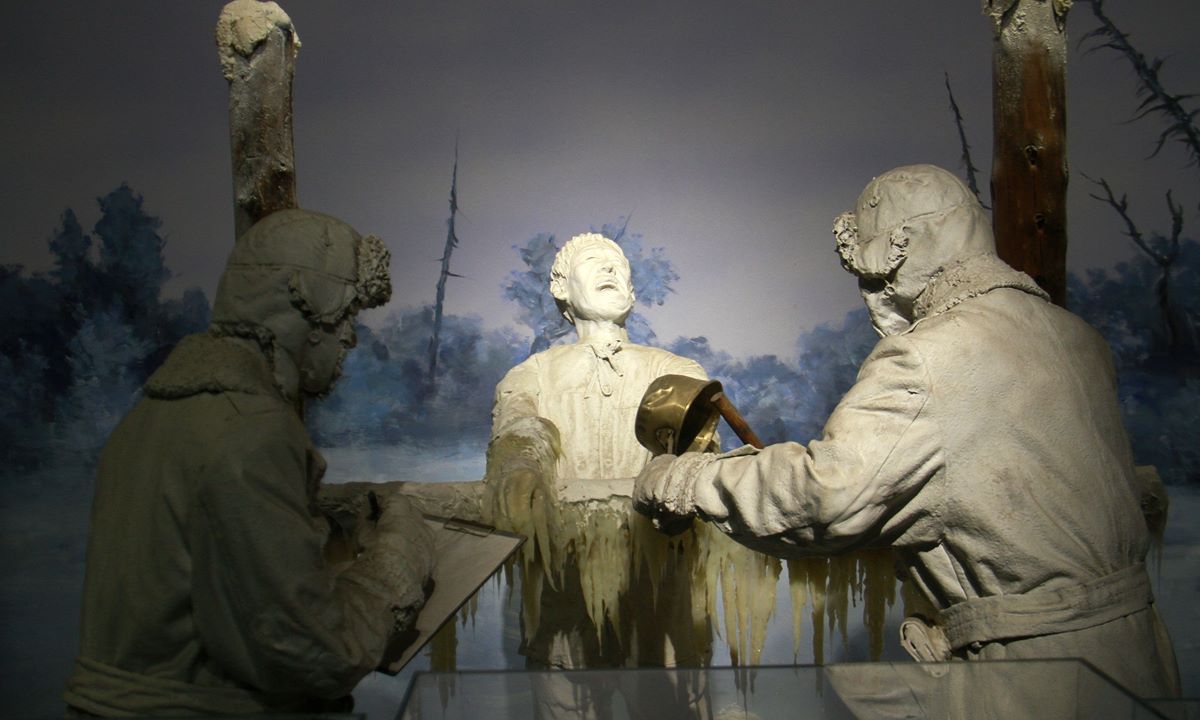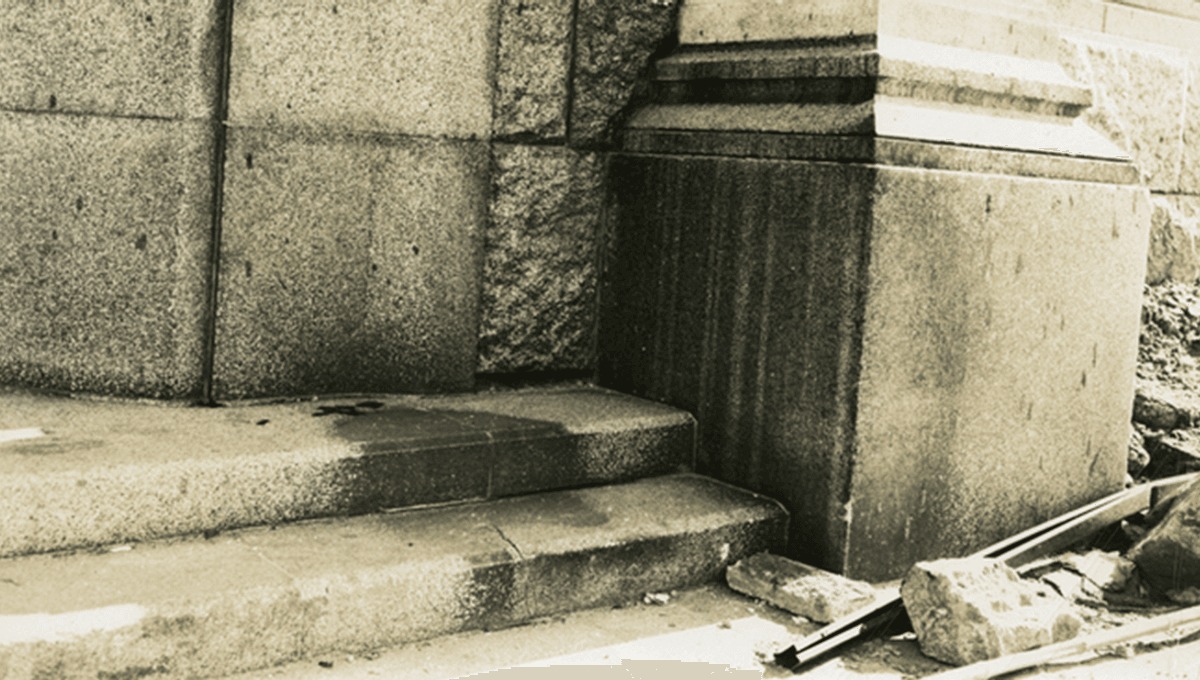
Unit 731 was a covert biological and chemical warfare research and development unit of the Imperial Japanese Army during World War II. Established in 1935, this secretive unit conducted horrifying experiments on humans, leading to countless deaths and suffering. Unit 731 operated under the guise of a water purification unit, but its true purpose was far more sinister. The atrocities committed by this unit remain a dark chapter in history, often overshadowed by other wartime events. Understanding the grim details of Unit 731 is crucial for acknowledging the full scope of wartime horrors and ensuring such tragedies never happen again.
The Origins of Unit 731
Unit 731 was a covert biological and chemical warfare research and development unit of the Imperial Japanese Army. It operated during the Second Sino-Japanese War and World War II. Here are some chilling facts about this secretive unit.
-
Unit 731 was established in 1935 under the command of General Shiro Ishii. It was initially called the Epidemic Prevention and Water Purification Department of the Kwantung Army.
-
The unit was based in Harbin, China, in a facility that spanned over 150 buildings. This location was chosen for its isolation and the ability to conduct experiments away from prying eyes.
The Horrors of Human Experimentation
Unit 731 is infamous for its brutal human experimentation. The atrocities committed by this unit are among the most horrific in history.
-
Prisoners were referred to as "logs" by the staff. This dehumanizing term was used to strip them of their identity and humanity.
-
Experiments included vivisections without anesthesia. Prisoners were dissected alive to study the effects of diseases on the human body.
-
Frostbite experiments were conducted to study the effects of extreme cold. Prisoners had their limbs frozen and then thawed to observe the damage.
-
Biological weapons were tested on prisoners. They were deliberately infected with diseases like plague, cholera, and anthrax to study the effects and develop biological weapons.
-
Women were subjected to forced pregnancies to study the transmission of diseases from mother to child. These experiments often resulted in the death of both mother and child.
The Scale of Atrocities
The scale of the atrocities committed by Unit 731 is staggering. Thousands of people suffered and died as a result of their experiments.
-
An estimated 3,000 prisoners died during the experiments. Most of these were Chinese civilians and prisoners of war, but also included Russians, Koreans, and Mongolians.
-
Unit 731 also conducted field tests on entire villages. They released plague-infested fleas and contaminated water supplies to study the spread of diseases.
-
The unit produced large quantities of biological weapons. They manufactured over 400 kilograms of plague bacteria annually, enough to kill millions.
The Aftermath and Cover-Up
After World War II, the atrocities of Unit 731 were largely covered up. Many of those involved escaped justice.
-
General Shiro Ishii was granted immunity by the United States in exchange for his research data. He never faced trial for his crimes.
-
Many Unit 731 members went on to have successful careers. Some became prominent figures in medicine, academia, and industry in post-war Japan.
-
The United States and Soviet Union both obtained data from Unit 731's experiments. This information was used to advance their own biological warfare programs.
The Legacy of Unit 731
The legacy of Unit 731 is a dark chapter in history. The horrors committed by this unit serve as a grim reminder of the depths of human cruelty.
-
The site of Unit 731 is now a museum. It serves as a memorial to the victims and a reminder of the atrocities committed.
-
Survivors and their families continue to seek justice. Many have called for official recognition and compensation from the Japanese government.
-
Unit 731's activities were largely unknown until the 1980s. It wasn't until then that survivors began to speak out and documents were declassified.
-
The Japanese government has issued apologies. However, many feel these apologies are insufficient and lack genuine remorse.
-
Unit 731's experiments have been compared to those of Nazi doctors. Both involved horrific human experimentation and gross violations of human rights.
The Global Impact
The impact of Unit 731's atrocities extends beyond Japan and China. The knowledge gained from their experiments has had a lasting effect on global warfare and medical ethics.
-
The Nuremberg Code was influenced by the atrocities of Unit 731. This set of research ethics principles for human experimentation was established in response to the horrors of World War II.
-
Unit 731's experiments have been studied by historians. They provide a grim case study in the abuse of science and medicine for military purposes.
-
The legacy of Unit 731 has been depicted in media. Films, books, and documentaries have been made to educate the public about these atrocities.
-
The atrocities committed by Unit 731 are a reminder. They highlight the importance of ethical standards in scientific research and the potential for abuse.
-
Unit 731's history is taught in schools. In China and other countries, it serves as a lesson in the dangers of unchecked military power and the importance of human rights.
-
International organizations have condemned Unit 731. Groups like the United Nations have called for greater recognition and accountability for these war crimes.
-
The victims of Unit 731 are remembered. Memorials and ceremonies are held to honor those who suffered and died at the hands of this brutal unit.
Reflecting on Unit 731
Unit 731's history is a chilling reminder of the depths of human cruelty. The experiments conducted there were beyond horrific, leaving scars on countless lives. Understanding these dark chapters helps ensure such atrocities aren't repeated. The victims' stories deserve to be remembered, not just as a part of history but as a lesson for future generations.
Learning about Unit 731 isn't easy, but it's necessary. It shows the importance of ethical standards in science and medicine. By acknowledging these past horrors, we honor those who suffered and work towards a more humane future.
Unit 731's legacy is a stark warning. It's a call to remain vigilant against the misuse of power and to uphold human dignity. Let's remember the past to build a better tomorrow.
Was this page helpful?
Our commitment to delivering trustworthy and engaging content is at the heart of what we do. Each fact on our site is contributed by real users like you, bringing a wealth of diverse insights and information. To ensure the highest standards of accuracy and reliability, our dedicated editors meticulously review each submission. This process guarantees that the facts we share are not only fascinating but also credible. Trust in our commitment to quality and authenticity as you explore and learn with us.


